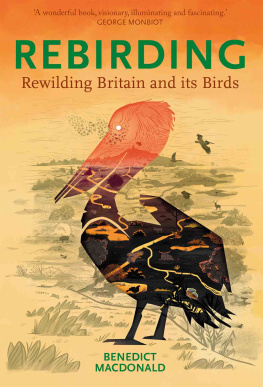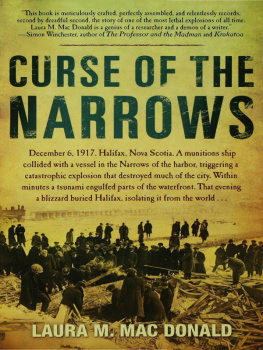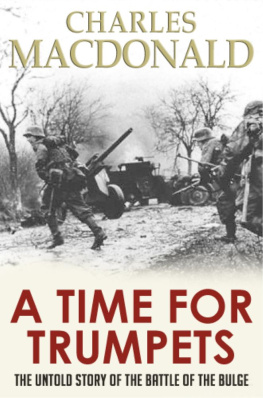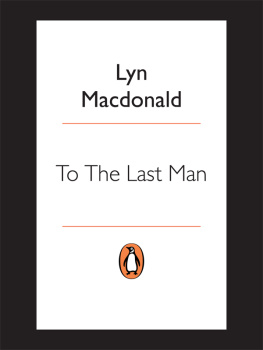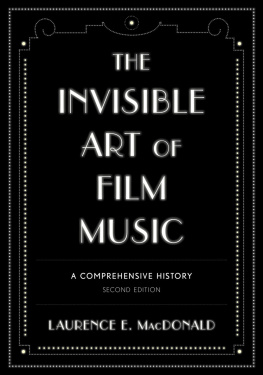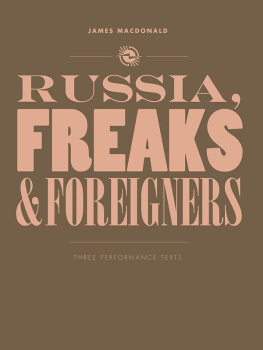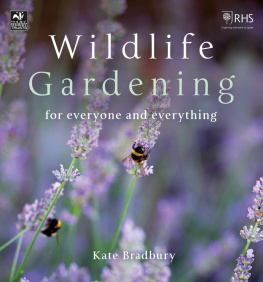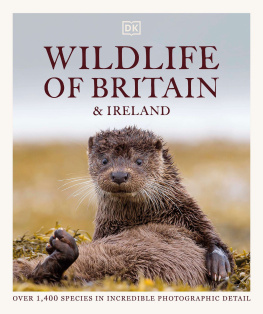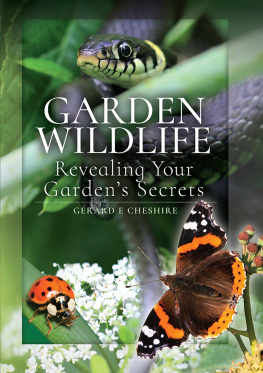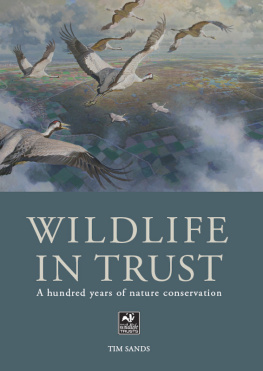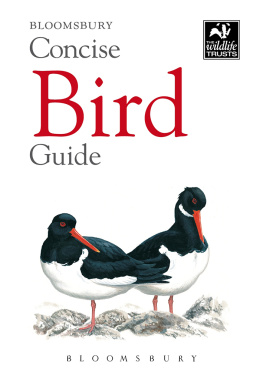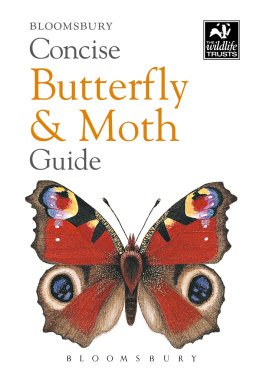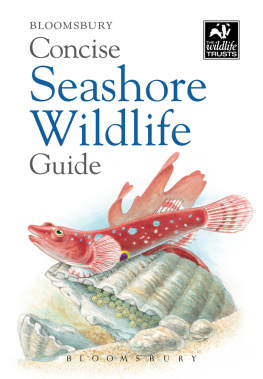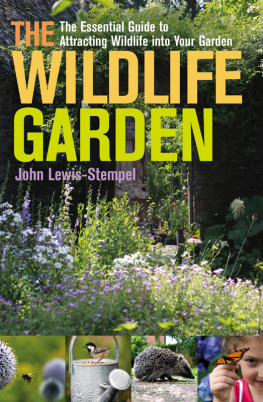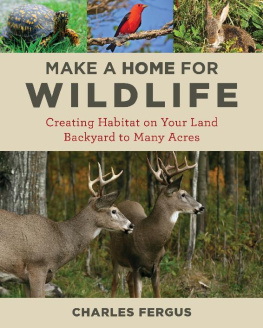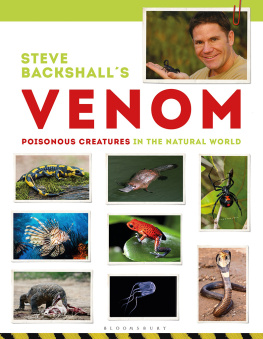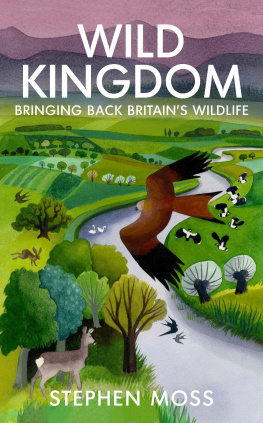Published by Pelagic Publishing
www.pelagicpublishing.com
PO Box 874, Exeter EX3 9BR, UK
Rebirding: Rewilding Britain and its Birds
ISBN 978-1-78427-187-9 (Hbk)
ISBN 978-1-78427-188-6 (ePub)
ISBN 978-1-78427-189-3 (PDF)
Copyright 2019 Benedict Macdonald
Benedict Macdonald asserts his moral right to be identified as the author of this work.
All rights reserved. No part of this document may be produced, stored in a retrieval system, or transmitted in any form or by any means, electronic, mechanical, photocopying, recording or otherwise without prior permission from the publisher. While every effort has been made in the preparation of this book to ensure the accuracy of the information presented, the information contained in this book is sold without warranty, either express or implied. Neither the author, nor Pelagic Publishing, its agents and distributors will be held liable for any damage or loss caused or alleged to be caused directly or indirectly by this book.
Every effort has been made to trace and contact all copyright holders before publication. If notified, the publisher will be pleased to rectify any errors or oversights at the earliest opportunity.
British Library Cataloguing in Publication Data
A catalogue record for this book is available from the British Library.
Cover image 2018 Graham Carter
www.graham-carter.co.uk
Contents
To my grandfather, Frederick Thomas Irving Giltinan (19152004). You were a true inspiration, a wise and wonderful guide, and are a sorely missed friend. May you rest in peace.
Foreword
T hose of us who are passionate about Britains birds and wildlife are aware of a paradox. Over the past few decades, we have witnessed a rise in enthusiasm for the natural world, beyond the wildest dreams of anyone who, like me, came of age in the 1960s or 1970s. From a niche hobby pursued mainly by men, which most of us were rather ashamed to admit to, birding has entered the mainstream. A love of birds and indeed all wildlife is now as readily accepted in society as, say, a passion for football, art or music. TV programmes such as Springwatch, and presenters like Chris Packham, Bill Oddie and of course Sir David Attenborough, have made what was once dubbed organic trainspotting not just respectable, but desirable.
The paradox is that, during the very same period, we have witnessed a catastrophic decline in Britains birdlife. Since 1966, when England famously won the football World Cup at Wembley, we have lost an estimated 44 million breeding birds. That includes the astonishing total of 20 million house sparrows thats 50 individual sparrows every single hour, for the past half-century. Once-familiar farmland birds such as the grey partridge, linnet and yellowhammer are in sharp decline, and we face the very real possibility that the turtle dove will soon follow the wryneck and red-backed shrike into extinction as a British breeding bird.
Its not just birds: we have also witnessed a catastrophic decline of flying insects: the moth snowstorm that used to occur on warm summer nights is now just a distant memory, and the sight of wild flowers and butterflies, or the sound of buzzing insects, is becoming increasingly unusual in much of rural Britain. Many mammals, including favourites such as hedgehogs as well as less glamorous species (notably bats), are also in freefall.
There have been some good-news stories as well: the return of birds of prey such as the buzzard, osprey and marsh harrier, the reintroduction of the red kite and crane, and the astonishing arrival of many species of long-legged waterbirds on my home patch, the Somerset Levels, should all be welcomed. But they cannot make up for what we have lost.
Likewise, the rewilding and reconstruction of habitats from the Avalon marshes in Somerset to the Caledonian pine forest in Scotland, are to be applauded as a step in the right direction. But despite the claims from organisations such as the National Farmers Union and the Countryside Alliance that rural Britain is in safe hands, these self-appointed custodians of the countryside have, through their support of intensive farming, presided over the devastation of much of Britains wildlife.
In response, the past decade has seen a subtle shift in the bestselling genre known as new nature writing. Authors have moved away from simple descriptions of wild creatures, or personal reflections on place and nature, towards a more militant, polemical approach. Fired up by the concept of the Anthropocene a newly coined term to describe the devastating effects humans are having on the planet nature writers are now showing their deep concern at what has happened on our watch.
Led by the outspoken conservationist Mark Avery, with his 2012 book Fighting for Birds, some authors finally began to get off the fence and say what they thought. The following year, George Monbiot weighed in with Feral, which offered an alternative solution to the prevailing interventionist approach to conservation. In 2016, I published Wild Kingdom, which examined the plight of our habitats and their wildlife, with specific examples of how people are working to bring back some of our special wild creatures and restore the places where they live. Recently, one of the most respected authors in the genre, Mark Cocker, also nailed his colours to the mast, with his 2018 book Our Place. Subtitled Can we save Britains wildlife before it is too late?, this is a devastating and deeply personal account of the very palpable loss of species the author has witnessed since his 1960s childhood.
Mark Avery, Mark Cocker and I are all of the same generation: we cut our teeth as birders in the heady days of the 1970s, when birdwatchers seemed to care little or nothing about the wider countryside, or even the fate of the birds themselves, provided we could add more species to our ever-expanding lists. Ben Macdonald is of a different generation the same age as my oldest son. He is one of that much-derided group known as millennials, the children of the post-war baby-boomers. Millennials are often defined (mostly by older journalists) as digitally aware, obsessed with their electronic devices, and far less likely to have a concern for the real world let alone nature than us older, simpler folk. That, I suggest, is utter nonsense.
There may well be millennials who spend their lives in darkened rooms staring at screens; but there are also many more who engage with the wider world including nature at least as deeply as we did. Indeed, I would argue that because of the rise in popularity of pastimes such as birding, there are now far more young people out and about in the countryside than there were back in our day.
Organisations set up and run by young people, such as A Focus on Nature and Next Generation Birders, have used social media to form links, connections and networks. Today as their older members reach their thirties they are starting to enter the mainstream of conservation organisations, politics and the media. What also marks out this generation is that they are fully aware in a way we never were of the catastrophic plight of Britains wildlife. But what also sets them apart is that they are determined to do something to reverse the trend: bringing back our natural heritage. Hence this book.

